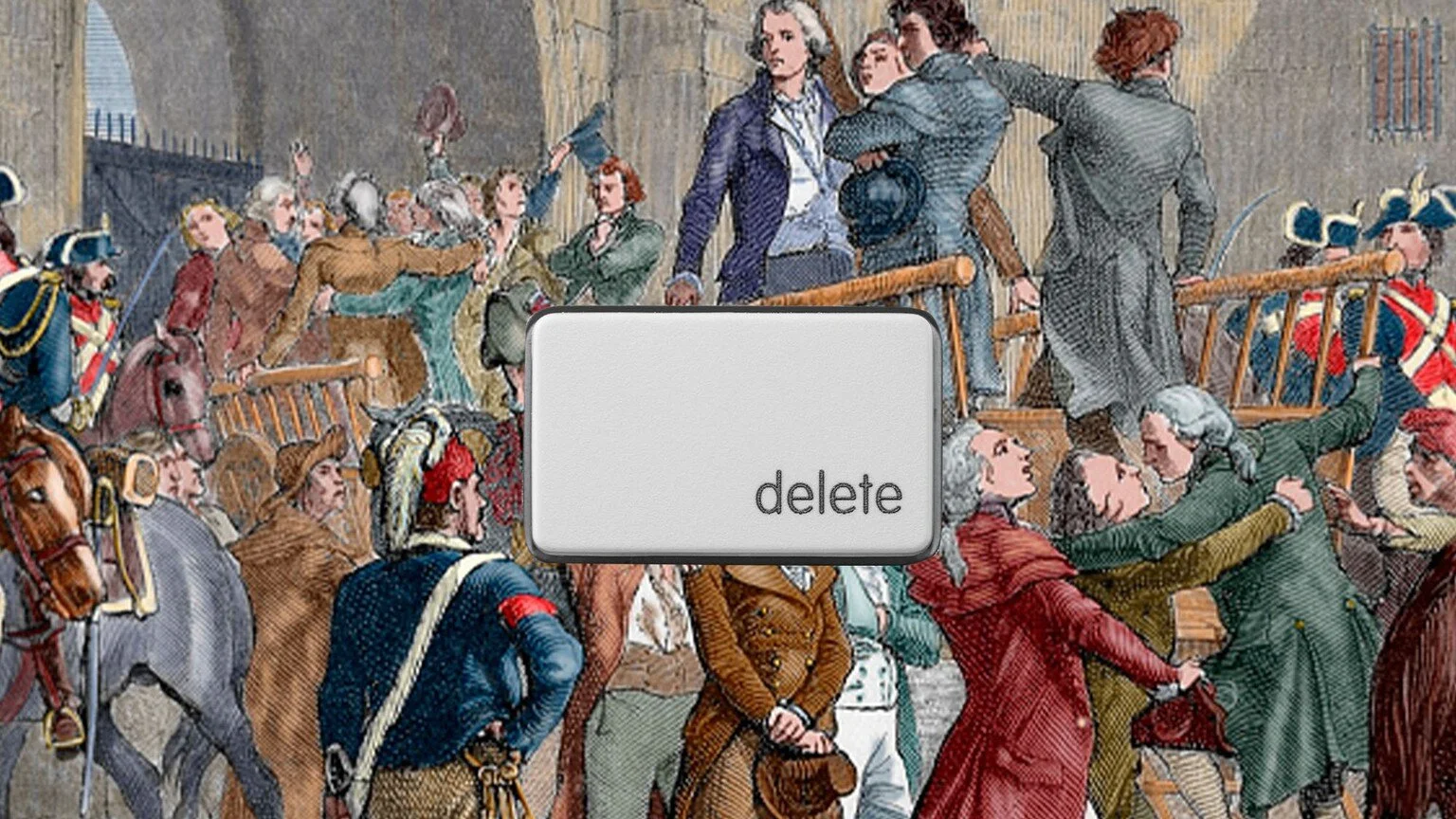The irony of why we should ‘cancel’ Cancel Culture
Does cancel culture make the world a better place? A great debate of 2021 has been whether cancel culture is a toxic mentality or a means of bringing accountability and sticking it to the man. Like a real-life dragon slayer, cancel culture has been aided and abetted by social media to slaughter prominent figures in every industry around the world. Whilst it is heralded by many as a positive progression in a modern-day era, there are good and bad effects of cancel culture on business and politics. To get to the root of this, we must analyse cancel culture not through a social microscope, but an economic one.
A general definition of cancel culture is the removal of support for a figure or group after they have conveyed opinions, feelings or behaviours that are inappropriate or objectively questionable. The process of ‘cancelling’ usually takes place on social media using hashtags such as “#isover"or in person by shunning the accused.
The boycotting of businesses is detrimental in some major ways. These institutions maximise capitalist principles and rely on consumerism to generate income that, in turn, supports a stronger economy. However, a 2018 study by Edelman Earned Brand suggests that nearly 64% of consumers around the world would buy or boycott a brand solely because of its position on a social or political issue. Many companies and brands will struggle to recover or survive from the aftermath of a virtual slaughtering, and this means the economy will inevitably suffer too.
Hanging up large corporations’ dirty laundry is definitely justifiable – cancel culture does successfully air out any wrong-doings to the general public and allows them to make their own decisions about whether they continue to support that business or not. The issue arises when the majority of people affected by cancel culture are not powerful or famous. Instead, they are just regular people who suffer harsh personal consequences, as highlighted in Jon Ronson’s 2015 book “So You’ve Been Publicly Shamed”, due to the cancel culture mob trying to achieve accountability from corporations. Lives are ruined in court cases or social media crusades. Perhaps the irony is cancel culture needs to be cancelled because it can do more harm than good.
These harsh effects challenge the reason behind cancelling businesses and what is realistically gained from doing so. The public sees cancel culture as a way to engage with companies. Social media has given power to the little man - power to get to those individuals and companies who have previously been untouchable. People want to see cancelled companies take a step in the right direction by changing their ways in terms of company policy, political stance, or by firing the perpetrator of the offence. Cancel culture is the result of a capitalist society where the only way to achieve reform is to cause financial loss.
In political terms, cancel culture boils down to political correctness and whether you still have the right to say something if someone else is going to be offended. The very nature of politics evolves around differences in opinion, but the birth of cancel culture has meant politicians have to be more careful with what they say, otherwise it could ruin not only their careers but wreak havoc upon every aspect of their lives. A controversial casing point is Donald Trump’s Twitter exile in January 2020. After Trump gave a rally speech to supporters who hours later stormed the U.S. Capitol, Twitter permanently banned his account. Many people were furious with this decision, claiming Twitter was trying to silence the millions of Americans who voted for Trump. After all, if the president of the United States can be cancelled, then no one is ‘safe’. On the flip side, others say he was being held responsible for inciting riots, and being cancelled on social media was a step in curtailing his negative influence on American people. This brings into question the nature of freedom of speech and whether it is right to cancel someone if they claim to just be sharing an opinion. Is it correct to politicise and weaponise cancel culture to silence the views and beliefs of others (even if they are frustratingly incorrect) or is it a major infringement on free speech?
Cancel culture has also increased the disparity between left-wing and right-wing politics. The right-wing claims to hate cancel culture but more liberal viewers argue the right-wing agenda has been the longest running cancel culture campaign of all time - a crusade to limit progressive ideas and enforce traditions that do not incorporate or benefit the diversity of modern-day society. At the end of the day, both sides of the spectrum have been affected by cancel culture, with political leaders like Jeremy Corbyn, former head of the UK Labour Party, being cancelled due to anti-Semitic comments, and a case for cancelling David Cameron over the resurgence of details concerning his Greensill lobbying role. The weaponisation of cancel culture has caused a distraction that means significant issues are not resolved properly or in ways that benefit the public – politicians are having a schoolyard fight over being cancelled when they should be focusing on how to make lives better in their nations.
Whether cancel culture makes the world a better place is not a ‘yes or no’ question and will not become a ‘yes or no’ question anytime soon. The irony of why we should ‘cancel’ cancel culture lies in the analysis of its effectiveness. How many dragons has cancel culture actually slayed? The truth is we will never reach the heart of this dragons’ nest – there will always be another person or group sharing objectively incorrect opinions and ideas. The only question we have to determine is whether the disruption and toxicity caused by cancel culture is worth it for the benefits it brings to society.
Image courtesy of Getty via the Atlantic, ©2020, some rights reserved.



